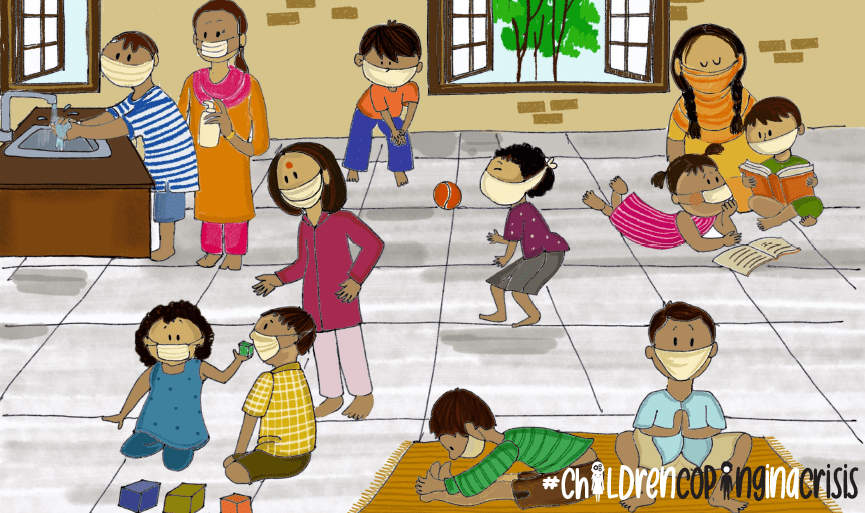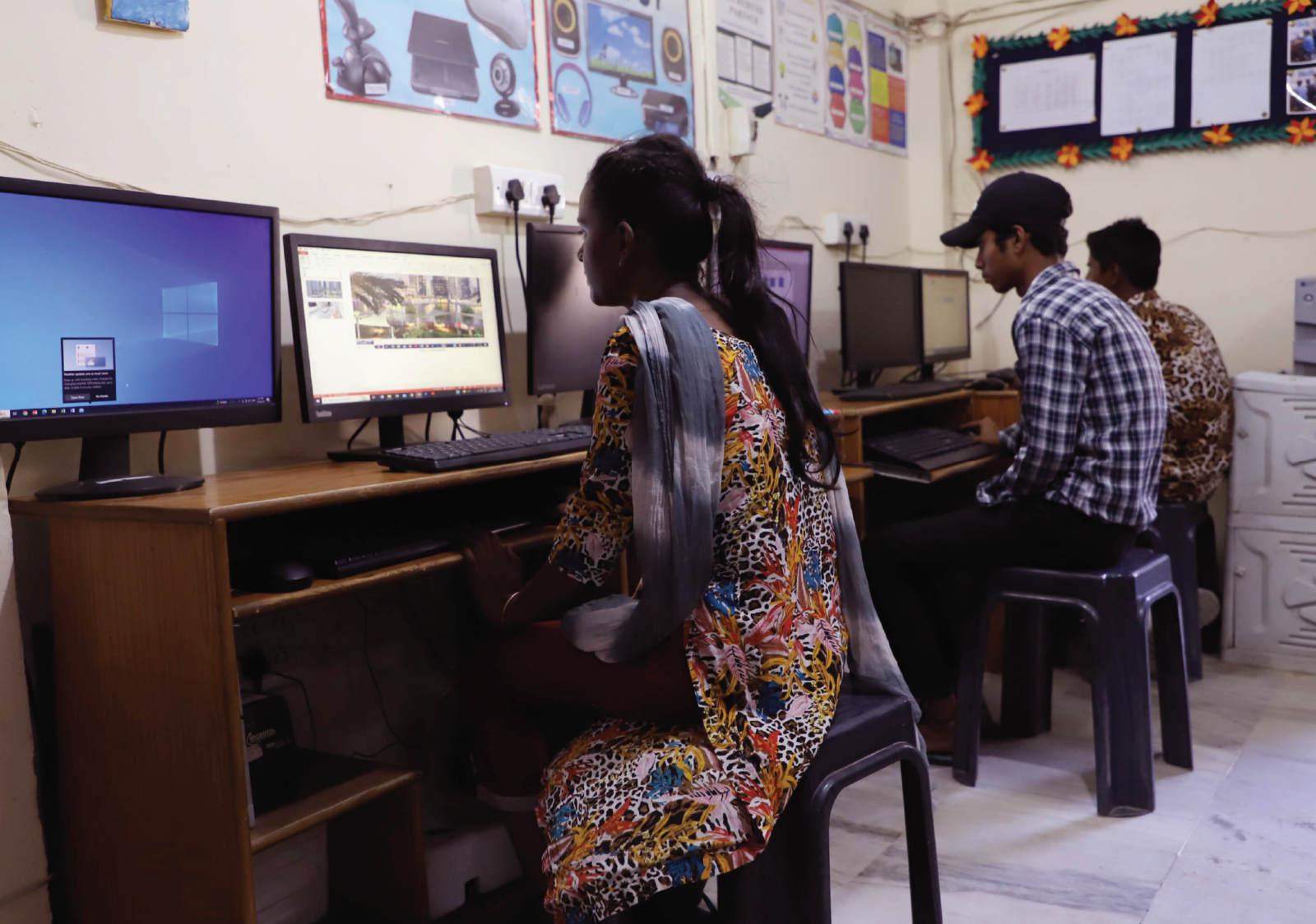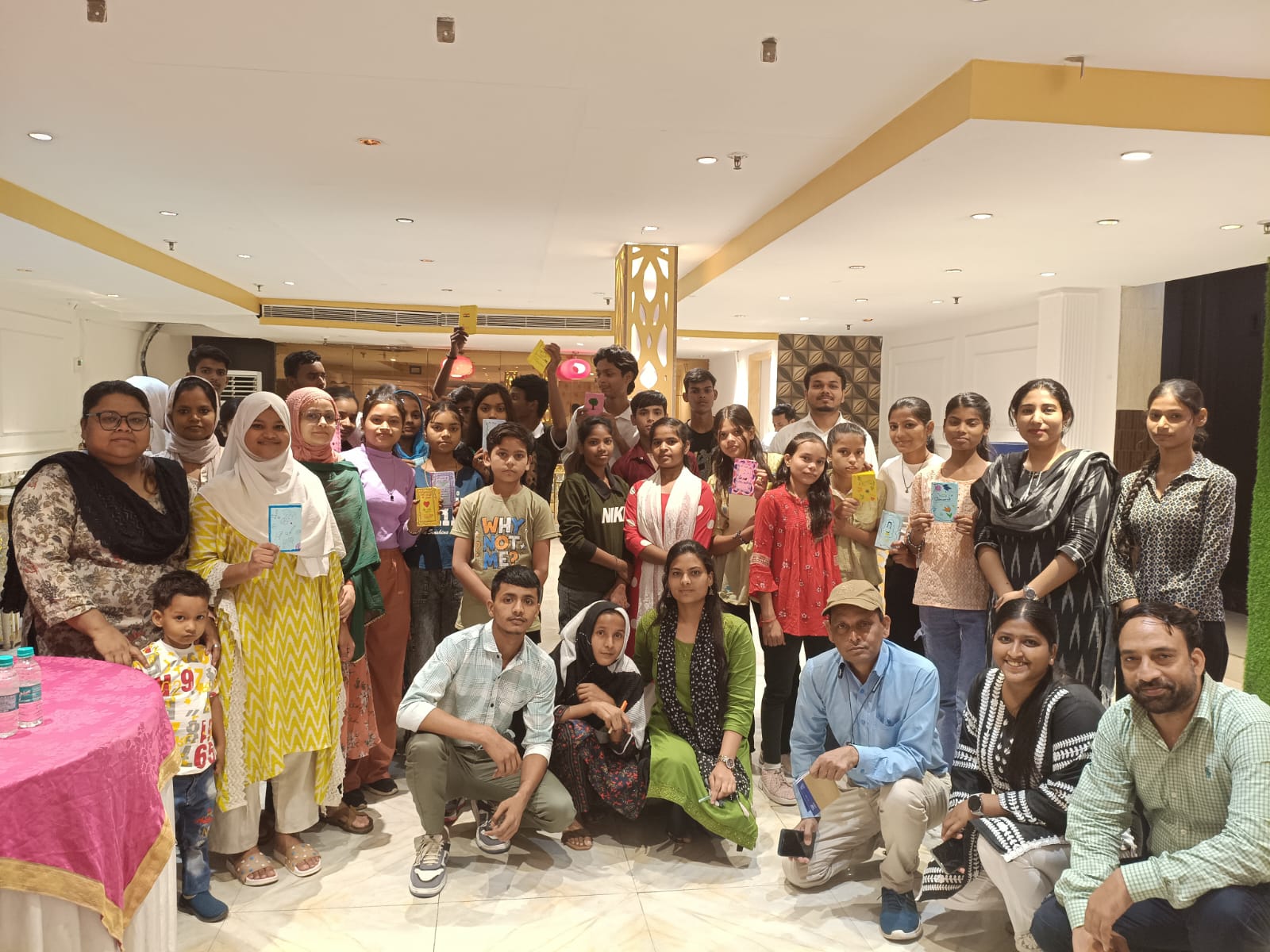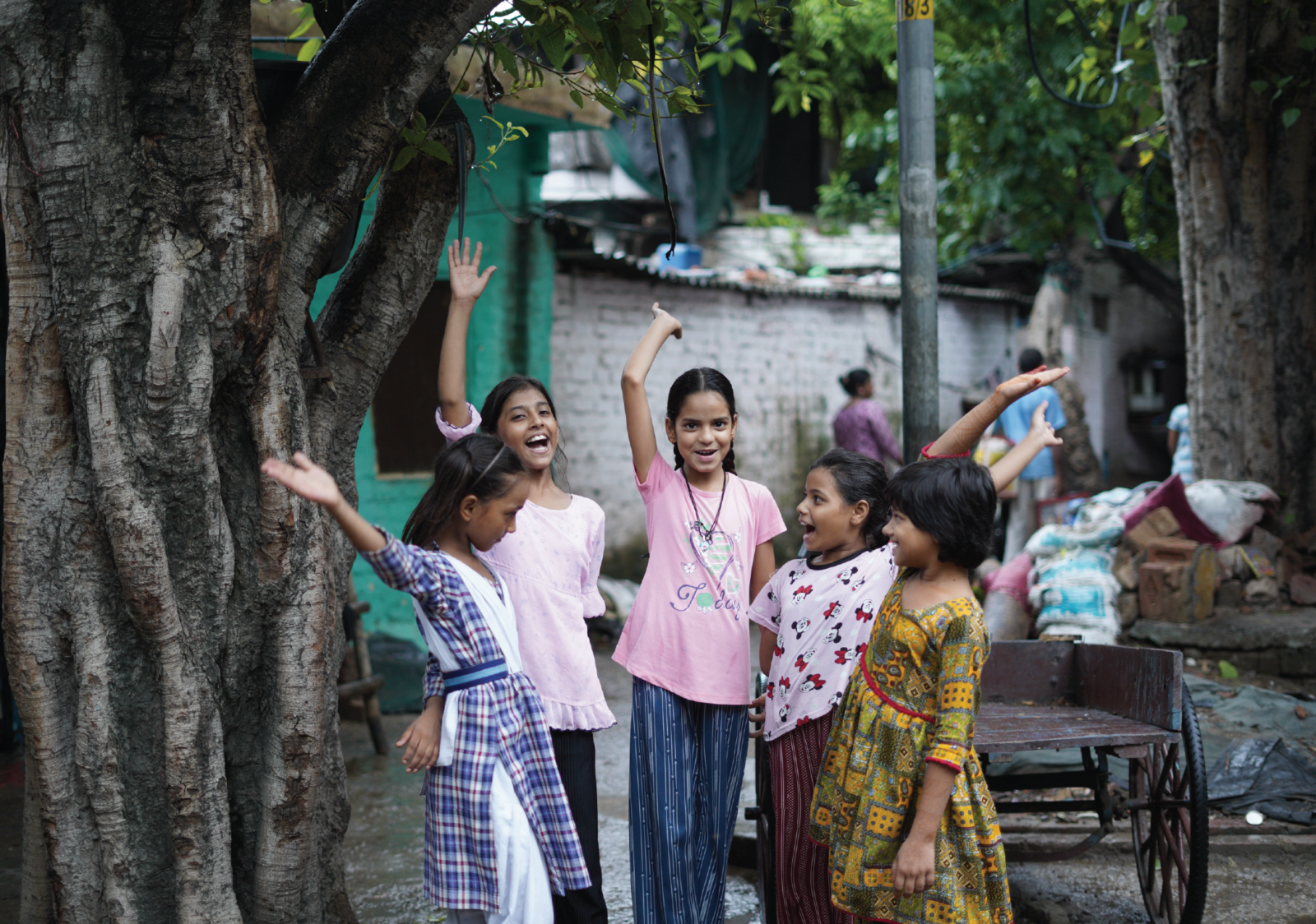Being isolated for months has taken a toll on everyone’s mental health, especially children. Often parents, caretakers, teachers and other dealing directly with children are at a loss of how to help children cope in these trying times. From story books, guides, to-do lists, to posters, booklets and fun worksheets, here are some resources that might help address mental health challenges during this crisis.
1.Psychosocial Support for Children during COVID-19 – CHILDLINE 1098
This manual developed by CHILDLINE, focuses on psychosocial care of children and prevention of violence in spaces where children stay (childcare institutions, families, temporary isolation facilities, NGO shelters, etc.) For those children and families who are subjected to quarantine or isolation there may be an increased risk of violence and abuse. When stress levels go up for adults and children, there is a greater risk of gender-based violence and other forms of violence against children.
The manual focuses on activities for two age groups, that is, younger children (6-10 years) and adolescents (11-19 years). These activities help enable children to express their emotions freely. Topics depicted in the manual are suggestive and allow children to explore their creativity.
This manual helps understand the implications of the pandemic on the mental health and psychosocial wellbeing of children, including the increased risk of violence and abuse. Its acts as a resource for caregivers to help engage with children positively and effectively. The manual contains simple methods to manage anxiety and stress among children, which can be adapted to different circumstances.
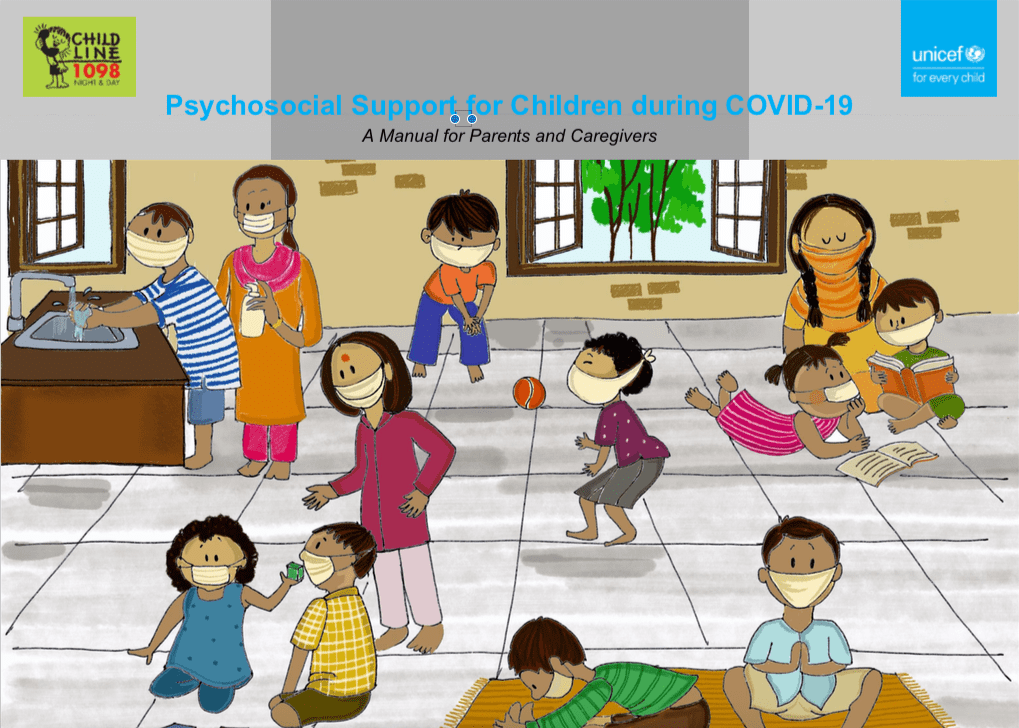
2.My Hero is You, Storybook for Children on COVID-19 – IASC
This book was a project developed by the Inter-Agency Standing Committee Reference Group on Mental Health and Psychosocial Support in Emergency Settings. The book was distributed in Arabic, English, Italian, French, and Spanish to assess children’s mental health and psychosocial needs during the COVID-19 outbreak. A list of topics addressed in the book was developed using the survey results. The book was shared through storytelling to children in several countries affected by COVID-19.
“My Hero is You” is a book written for children around the world affected by the COVID-19 pandemic. The publisher recommends this book to be read by a parent, caregiver or a teacher to children and not by the child independently. The book contains the insights about COVID-19 and how to cope up with this pandemic in an interesting way.
The supplementary guide called “Actions for Heroes” is planned to be published later. It will offer support for addressing topics related to COVID-19, helping children manage feelings and emotions, as well as supplementary activities for children to do based on the book.
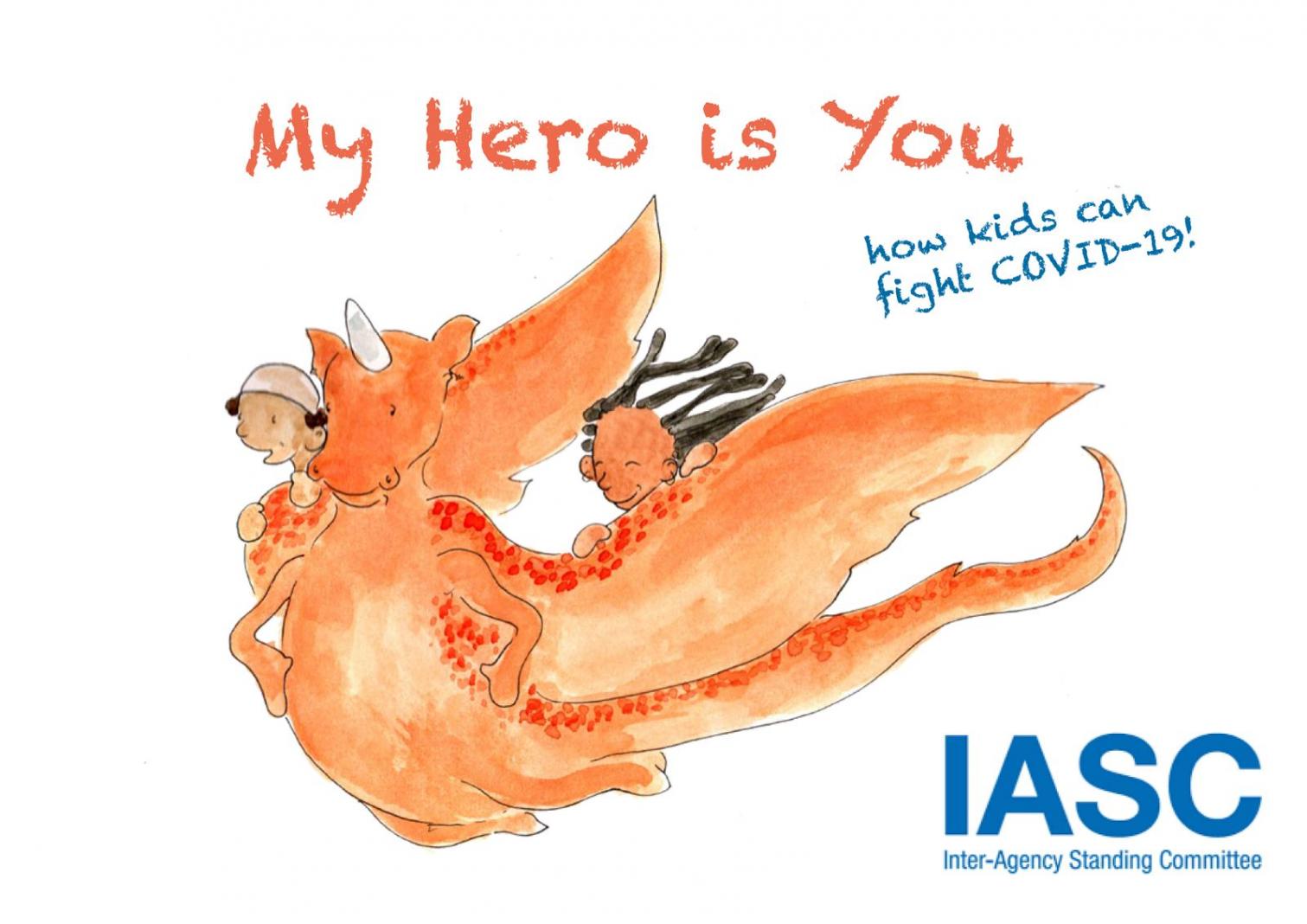
3.Kids, Vayu and Corona: Who wins the fight? – Government of India
With growing anxiety, a comic book was issued to educate children about the coronavirus, by the Ministry of Health and Family Welfare, Government of India. This book was conceptualized and written by Dr. Ravindra Khaiwal, Additional Professor of Environmental Health- PGIMER- Chandigarh and Dr. Suman Mor, Associate Professor and Chairperson, Department of Environment Studies, Punjab University.
The comic book provides details about the coronavirus and how to stay safe. The story follows a bunch of curious kids who call superhero Vaayu, who lives in the foothills of Himalayas, to help them understand what coronavirus is since everyone is talking about it. Vaayu educates them about the pandemic and informs about how to prevent and fight the global threat of coronavirus while staying calm.
Vaayu also talks about previous pandemics like SARS, Swine Flu, and Ebola which have a higher mortality rate, and hence Coronvarius too can be contained, if proper measures are taken on time. The ultimate aim was to share the correct information and avert stress, anxiety and other possible mental illnesses that could arise with over exposure to information.

4.Life in Times of COVID19: A guide for parents of Children With Disabilities – UNESCO
Parenting during a pandemic poses many challenges, especially for parents of children with disabilities. To ease and help parents cope with these challenges, UNESCO New Delhi and the UNESCO Chair in Community Management of Disabilities (University of Calicut) launched a booklet.
Children with disabilities may have underlying health conditions that increase their risk of serious complications from COVID-19. Besides, with regular operations of schools and daily activities coming to a halt, the inaccessibility to therapy and support for these children may exert effects that are long-lasting and significant. As such, it becomes equally important to take care of their physical as well as mental health.
The guide explains and illustrates the different aspects that a parent/caregiver must take into account while taking care of children with disabilities. It also addresses the need to maintain the mental health of such parents/caregivers and their various duties and responsibilities, during these unusual times. The guide is action-oriented and is aimed to serve families with special needs in dealing with the global pandemic.

5.Excessive screen use and gaming during COVID19, WHO
Children have been out of school, and as a result, many of them maybe spending more time on screens to complete online activities as part of home schooling, socialising with peers or playing video games given that outdoor activities may be restricted due to lockdown.
From what parents need to know, to what they need to do, this infographic helps understand the harms that children are vulnerable to due to excessive screen time, like unhealthy sedentary lifestyles, exposure to harmful content, misinformation about COVID19, development of gaming disorders, or engagement in online gambling.





